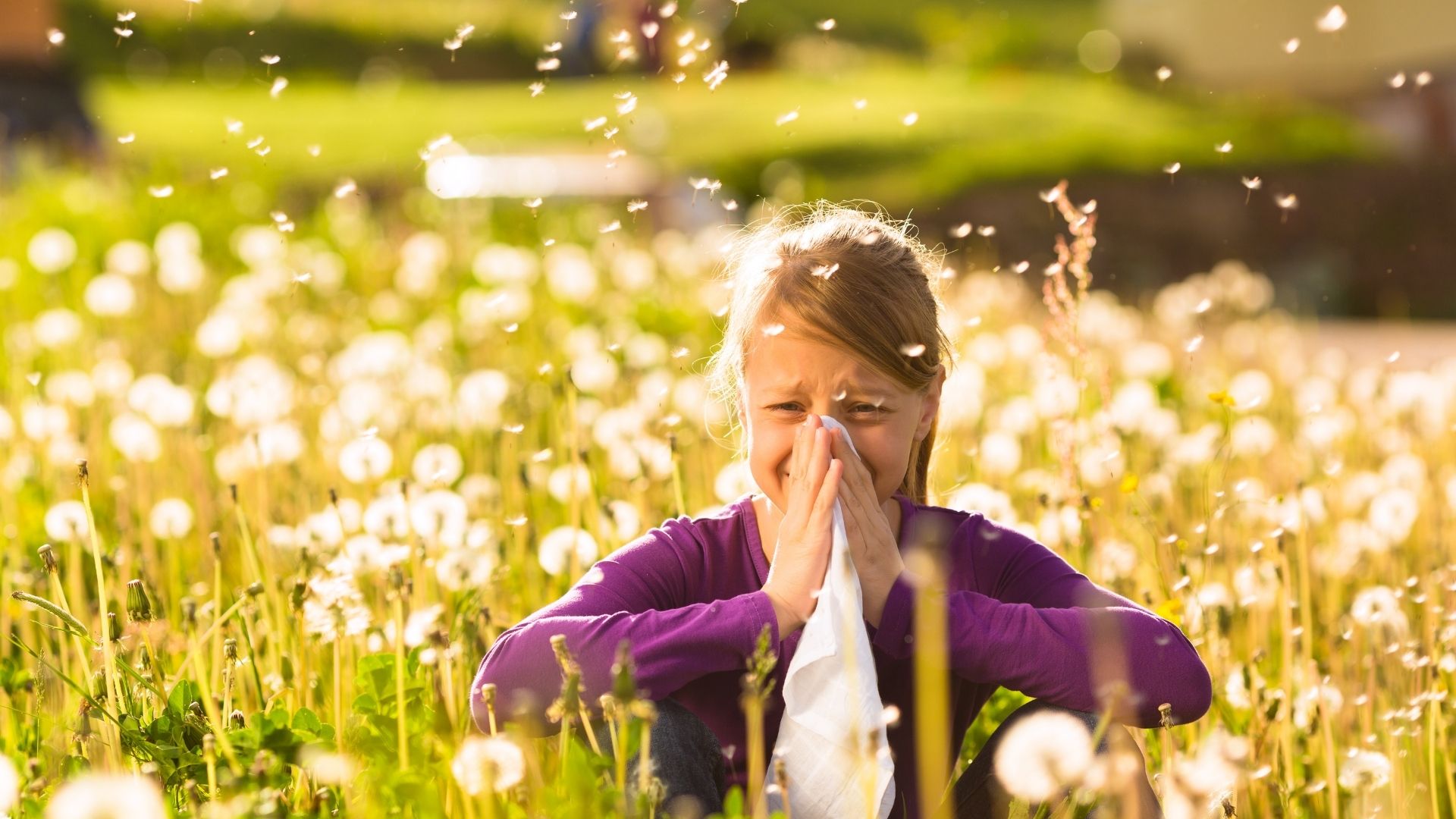In the UK, hay fever season starts in late March and ends in September, which is when different types of pollen are most prevalent.
- Tree pollen is the first type of pollen to be released, usually starting in late March and continuing until mid-May.
- Grass pollen,the most common cause of hay fever symptoms, has a season starting in mid-May and lasting until July.
- Weeds, such as nettle and dock, usually produce pollen from June to September, with a peak period in late summer.
The start and end of hay fever season can be influenced by a number of factors, including temperature, rainfall and wind conditions. For example, warmer and drier weather can result in a higher pollen count, while rain and wind can help to clear pollen from the air.
It is worth noting that the severity of hay fever symptoms can also vary from year to year, depending on the weather conditions during the pollen season. For example, if there is a wet spring, this can lead to a lower pollen count, whereas a dry and warm spring can result in a higher pollen count and more severe symptoms.
Factors that affect hay fever timing
Geography, climate, air pollution and other factors can play a role in hay fever timing and the severity of your symptoms.
- Geography: hay fever season can start later and can be shorter in the north of the UK, which can impact when hay fever hits you. Living by the coast can decrease the chances of developing hay fever due to higher winds and a lower pollen count. People that live in the countryside may experience symptoms more often as they are exposed to allergens on a daily basis, while living in the city could decrease your hay fever symptoms as there is less vegetation to produce pollen.
- Climate: temperature and rainfall can affect the beginning and intensity of the pollen season. Warm and dry weather can lead to a higher pollen count, whereas rain can reduce pollen levels in the air.
- Air pollution: pollutants can interact with pollen, resulting in more severe hay fever symptoms at different times of the year.
In addition, your genetics and immune system function can play a role in hay fever timing. Some people may be more genetically predisposed to developing allergies, while others may have a weakened immune system due to other health conditions, making them more susceptible to hay fever symptoms.
Can you get hay fever at any time?
While it might only seem logical that you would develop hay fever during the spring and summer months, it can appear at any time of the year.
For some people, symptoms may occur all year round






